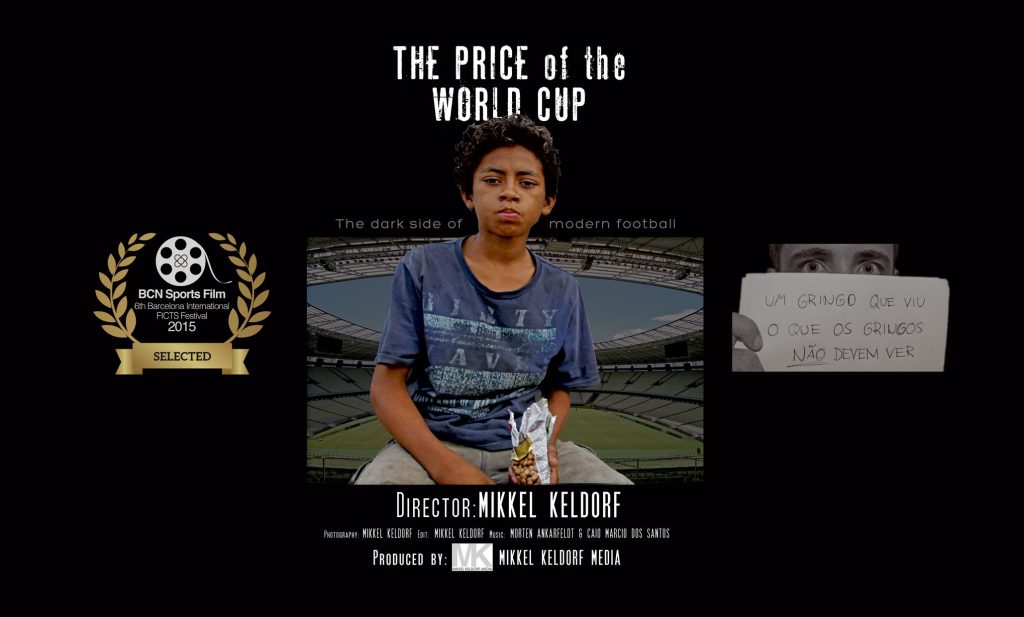In the heart of football fever, Brazil stands as the hallowed ground where the sport transcends a mere game and becomes a way of life. As the world eagerly anticipates the grand spectacle of the World Cup set to unfold in twelve cities across the country, the glittering facade hides a harsh reality. The beautiful game is exacting a steep price from the very people who call Brazil home. With the final showdown slated for Rio de Janeiro, the shadow of forced eviction looms large, affecting approximately 200,000 individuals, sacrificed at the altar of World Cup-related constructions. Amnesty International has sounded the alarm, exposing the flaws in the eviction process, where consultation and proper compensation were overlooked, all in the pursuit of profit. The narrative here is one of priorities skewed toward financial gains rather than the well-being of those most affected.
Venture north to Fortaleza, a city set to host six World Cup games amidst its reputation as a beachside paradise. This facade crumbles as one delves into the stark inequality that defines the fifth most unequal city globally. The picturesque landscape belies a dark truth—7% of Fortaleza’s elite controls a quarter of the city’s wealth, while a significant population struggles to meet basic needs. The World Cup, portrayed as a celebration of sport and unity, has accentuated the divide. The state of Ceara, where Fortaleza resides, poured over 110 million euros into rebuilding the Castelao World Cup stadium—a sum equivalent to the total investment in public schools over the past four years. The impact is not just financial; organizations dedicated to aiding vulnerable children in Fortaleza have buckled under the pressure, with two prominent entities shutting down due to a lack of resources. In this World Cup-driven economy, the underprivileged find themselves pushed further to the fringes, their plight overshadowed by the grandeur of the tournament.
Yet, life in Fortaleza is not only a struggle against socioeconomic disparities but also against pervasive danger. The city holds the unenviable title of the seventh most violent in the world, boasting a staggering murder rate of 73 killings per 100,000 inhabitants. This grim statistic paints Fortaleza as the most perilous World Cup host city in history. The juxtaposition of football festivities against the backdrop of such stark realities prompts reflection on the ethical implications of hosting mega-events. As FIFA, the Brazilian Ministry of Sports, the Mayor of Rio de Janeiro, and the Secretary of Security in Rio de Janeiro and Fortaleza remain silent participants, the narrative unfolds, revealing the hidden toll that the World Cup exacts on the very fabric of the host cities.
In this exploration of the darker side of the World Cup, the glittering stadiums and roaring crowds give way to the silenced cries of the marginalized. The pursuit of sporting glory exacts a toll on communities, widening social divides and jeopardizing the well-being of those on the fringes. Beyond the dazzling spectacle of the beautiful game, a poignant question lingers: at what cost does the world celebrate its sporting heroes?

